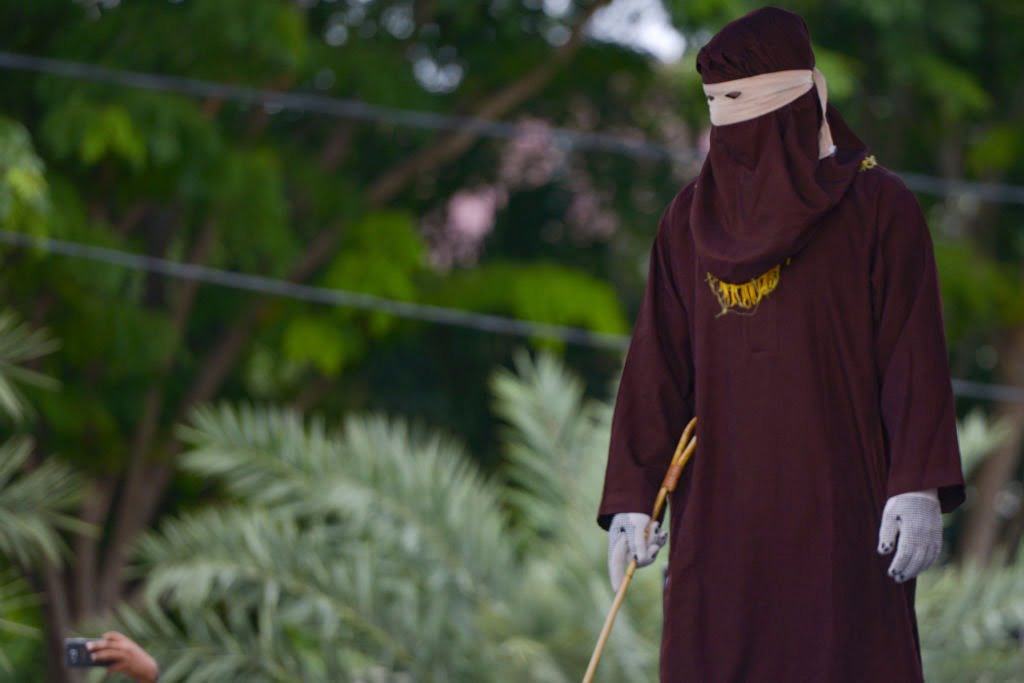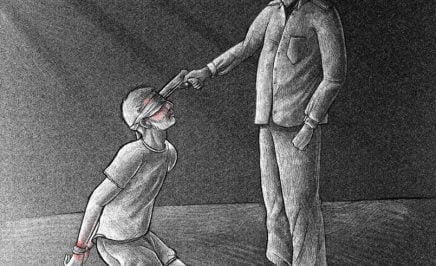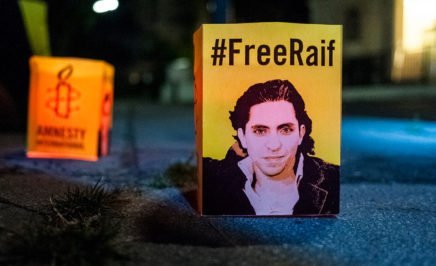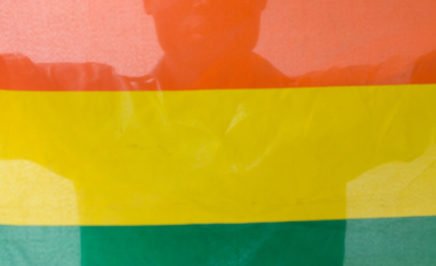Two men in Banda Aceh were flogged 77 times each on Thursday 28 January for allegedly partaking in consensual same-sex relations, said Amnesty International Indonesia today. Aceh’s brutal public canings, often in front of large crowds, have continued unabated during the COVID-19 pandemic.
“Flogging constitutes cruel, inhuman and degrading treatment and can amount to torture. No one deserves to be brutalized and humiliated in this way,” Amnesty International Indonesia Executive Director Usman Hamid said.
The two men were first arrested in November 2020 after local residents reported them to the Municipal Police (Satpol PP) for allegedly having sex in a rented room in Banda Aceh.
“Targeting and criminalizing people because of their real or perceived sexual orientation is inhumane. Nobody deserves this kind of harassment, let alone Aceh’s heinous punishments,” Usman said.
Media reports indicate that the floggings were conducted in front of around 100 onlookers. In one report, the Head of Banda Aceh Municipal Police, Heru Triwijanarko, said that his office is focused on probing people suspected of same-sex relations in the city.
Hundreds publicly flogged while pandemic rages
According to Amnesty International Indonesia monitoring, Aceh conducted at least 60 public floggings against 254 people in 2020, 52 of which were conducted after the COVID-19 outbreak in Indonesia started.
“The fact that the flogging was conducted in front of a large crowd of people in the midst of an escalating COVID-19 outbreak shows the distorted priorities of Aceh authorities,” Usman said.
Eight people have been flogged in 2021 already. Besides the two men, four other people were also flogged on Thursday. Two men were flogged 40 times each for consuming alcoholic drinks, while a man and a woman were flogged 17 times each for having sexual intimacy outside marriage.
Aceh is the only province in Indonesia that implements Islamic bylaws. The Aceh Islamic Criminal Code was passed by the Aceh parliament (DPRA) in 2014 and came into effect throughout the province on 23 October 2015. Islamic bylaws have been in force in Aceh since the enactment of the province’s Special Autonomy Law in 2001 and are enforced by Islamic courts. These laws, in some cases, provide for up to 200 lashes as punishment.
Punishable offences include same-sex sexual relations (liwath), premarital sex and other sexual relations outside marriage (“adultery” or zina), consumption of alcohol (khamar), gambling (maisir), “being alone with someone of the opposite sex who is not a marriage partner or relative” (khalwat), committing sexual intimacy outside marriage (ikhtilath), sexual abuse, rape, accusing a person of adultery without providing four witnesses, and intimacy between unmarried couples.
Under international human rights law, all forms of corporal punishment are prohibited. In 2013, the UN Human Rights Committee, which monitors states’ compliance with the ICCPR, asked Indonesia to take practical steps to put an end to corporal punishment and to repeal the provisions of the Acehnese law permitting its use in the penal system.
Further, consensual sexual relationships must not be treated as a criminal offence, nor are they a crime against ‘morality’. The UN Human Rights Committee and other expert human rights bodies have raised concerns about laws criminalizing ‘adultery’ or other consensual sexual relations outside marriage because they violate the right to privacy.
“We strongly urge both Aceh and central government authorities to take immediate action to halt this cruel practice and revoke the bylaws that allow them to take place,” Usman said.









